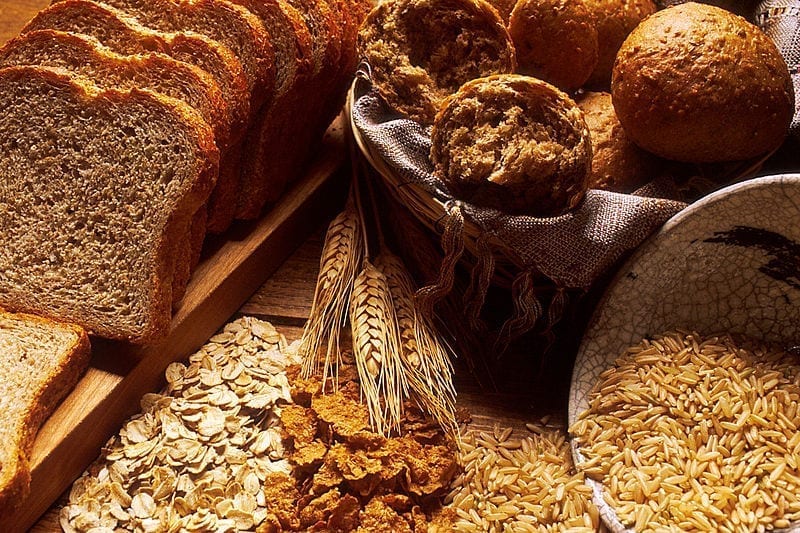All of Subway’s heated sandwich bread options have sugar contents higher than the statutory 2% of the mass of flour. It follows that the rolls should be subject to a 13.5% VAT rate.
“Subway bread is not bread,” headlines read after the ruling had been delivered in Bookfinders Ltd. v The Revenue Commissioners. In a judgement published on September 29, the Irish Supreme Court ruled that the bread sold at Subway could not be classified as “bread” within the meaning of the Value Added Tax Act 1972 because its sugar content was too high.
The appellant, Bookfinders Ltd., is a Subway franchisee, who sought a refund of VAT paid in 2004-2005. The contested payments were of a composite 9.2% VAT rate on the sales of bread, tea and coffee. The Bookfinders argued the rate should have been 0%, as these goods were staples, which are exempt from VAT in Ireland. After an appeal commissioner upheld the tax authority’s refusal of a refund, the case was taken to the High Court, then, after an unsuccessful appeal, to the Court of Appeal, where it was again dismissed. Finally, the Supreme Court also dismissed the appeal.
The standard VAT rate in Ireland is 21%, which is established by the Value Added Tax Act 1972. The Second Schedule to that Act provides that staples, which include, among others, bread, tea and coffee, are not taxed. The Sixth Schedule to the Act sets out that food that has been heated up or cooked and is served above ambient room temperature is subject to a reduced 13.5% VAT rate. Moreover, goods charged 13.5% under the Sixth Schedule are not further excluded from tax on the basis of the Second Schedule.
When it comes to tea and coffee, the company argued that these products did not fall into the exclusions specified by the Sixth Schedule, as, although they are served warm, they would not be called “cooked” or “heated up.” This argument was dismissed, as the Court ruled it was enough for these beverages to be served hot in order to be subject to the rate provided by the Sixth Schedule. Then, the case of sandwiches was considered.
The appellant argued that the bread used in Subway sandwiches was a staple food and was consequently exempt from VAT. Although the sandwiches in question were being served warm, they would not fall into the range of goods taxed at 13.5% under the Sixth Schedule since bread is an exception that is taxed at 0%, as outlined by the Sixth Schedule.
However, as the court pointed out, the 1972 Act draws a distinction between staple foods and “more discretionary indulgences.” When it comes to bread, a staple food is only such in which, among other conditions, the weight of sugar does not exceed 2% of the weight of flour.
In Subway bread, however, the sugar-to-flour ratio is nearly five times higher than that standard. Therefore, the bread used in the popular sandwiches is not a staple and cannot be tax-free.

Lastly, the appellant argued that their ‘bread’ being taxed differently than other bread breached the principle of fiscal neutrality, which states that similar goods cannot be treated differently from a VAT perspective. This argument was dismissed due to absence of evidence and lack of comparison between Subway’s ‘bread’ and other bread. The appellant suggested that the subs should be compared with hypothetical heated up sandwiches sold in another outlet, and that from the standpoint of the average consumer, the two bread products were identical. However, the Court did not accept that as a valid point of reference, nor did it accept an argument based on “a bare and hypothetical assertion.”
All of Subway’s heated sandwich bread options have sugar contents higher than the statutory 2% of the mass of flour. It follows that the rolls should be subject to a 13.5% VAT rate.


Join the conversation!